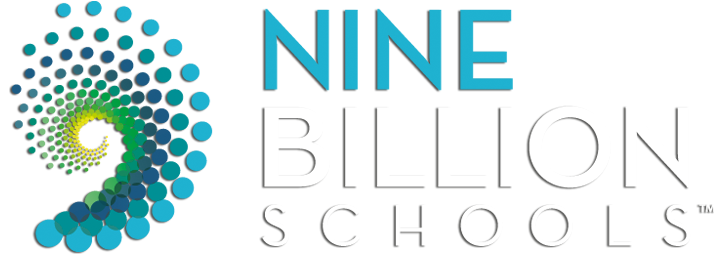School’s Out, But Learning Never Ends
In shock rocker Alice Cooper's 1971 hit "School's Out," he raucously proclaims that "school's out for summer" before declaring that "school's out forever!" To be freed of school and live, in Cooper's words, with "no more pencils, no more books," was just about every student's dream. We eagerly anticipated graduating from high school or college and leaving learning behind. For good. And that's mostly what happened with a lot of us. Though students today may still dream of school-less days, they shouldn't. No one should. It's a self-defeating and dignity-robbing wish. These days, for our own good, our collective proclamation should be: "School's in... forever!"
In our knowledge economy, it's no longer so much what you do know, but what you can learn. How could it be otherwise given the pace of social, cultural and technological change? As author Don Tapscott put it: "Yesterday you graduated and were set for life—only needing to 'keep up' a bit with ongoing developments. Today when you graduate, you're set for, say, 15 minutes."
Many of the jobs coming in the next decade or two haven't even been invented yet. And many of the more familiar jobs will be performed by robots. The Coca-Cola Company has shared how they envision bots scripting their advertising and even buying their media.
The best way to prepare for—and succeed in—the uncertain, ever-changing, robot-in-the-next-cubicle future is to embrace learning without end.
There is, of course, no denying or understating the absolutely critical importance of traditional pre-K through high school or college. This sets, or at least should, the foundation for all the learning to come. Thing is, with life expectancy generally on the rise, many people will live 50 years beyond the traditional school years. Before long, that may be more like 75 years.
That’s why, we believe, it's time to bury the notion of education coming to an end in your late teens or early twenties. Instead, it's time to think of school as something that lasts a lifetime. And that's not just for job and financial security, as important as those obviously are. It's also because learning is a necessary component of achieving our best selves, individually and collectively. Is it even possible for any of us to be the best person, colleague or citizen we can be without learning? We don't think so.
And learning must not only be lifelong but, as others have also suggested, life-wide and life-deep. There are no aspects of our lives that can't be improved through learning, hence the need for it to be as wide as our multifaceted lives are. And sometimes our learning must go deep in order to master something of great importance or profundity. We shorthand this notion of life-long, life-wide and life-deep learning as "L3 learning."
In 2050, there will be more than nine billion people on our planet. At that time, there should be more than nine billion schools. Not literal structures, of course, but rather a pervasive mindset that says: every person is, in essence, a school unto him- or herself, a "place" of L3 learning.
Some schools and school systems are already modifying curriculums to further prepare students for L3 learning. These efforts must become universal in our "school's in forever!" world. There's also been considerable work in recent years to make traditional education more personalized, to align the curriculum with the talents, abilities and interests of each individual student, an important step in lighting the fires of continual learning.
Once beyond high school or college, each person's education should continue at work, at home...everywhere. A knowledge economy requires a knowledge society and no building or structure, no event or gathering, should be without opportunities to learn, whether for practical or professional benefit, or for purely personal improvement.
This is why we launched the 9 Billion Schools movement. We want to engage educators and business leaders, students and parents, cognitive scientists and spiritual leaders, among others, in a discussion about how to achieve a world where everyone is a school unto him- or herself. We want to help create a world where learning is as unique as fingerprints and as long, wide and deep as life itself. We believe this is necessary for maximum human flourishing.
The best of what the future holds will go to the learners, to those who never graduate, to those who believe that "school's out" is akin to "light's out."






